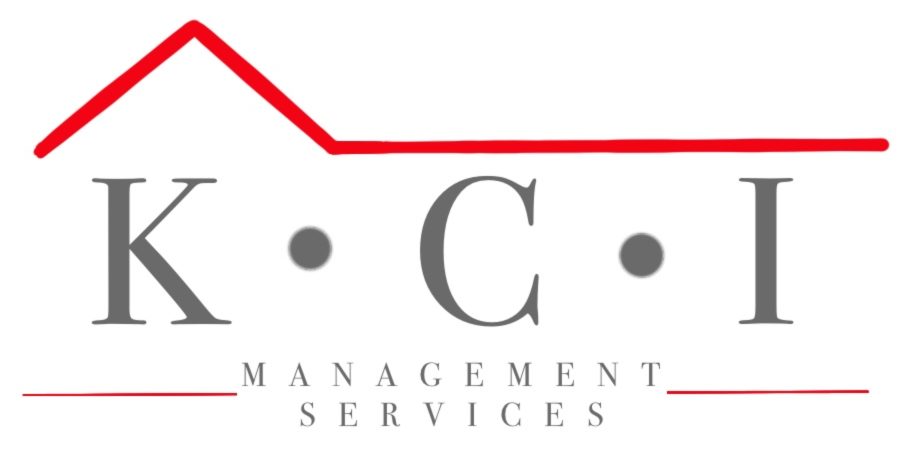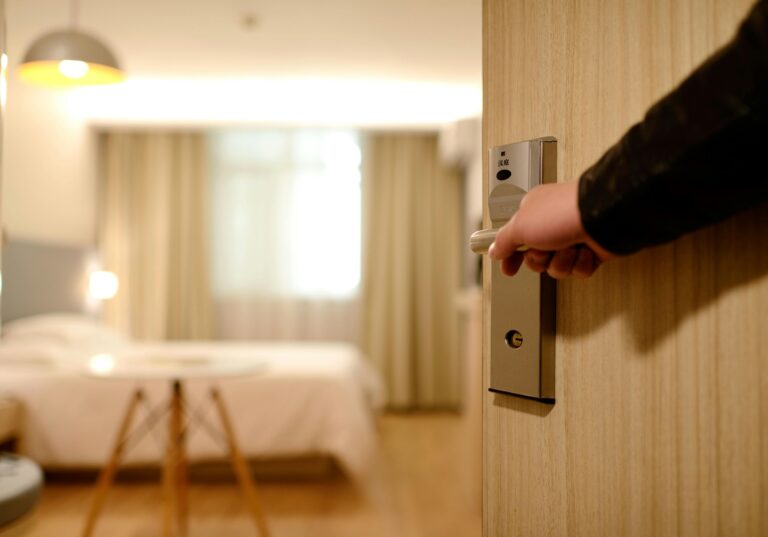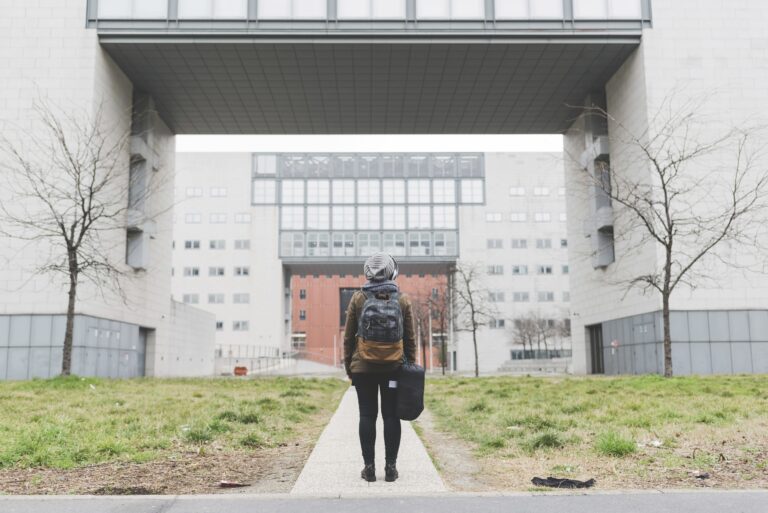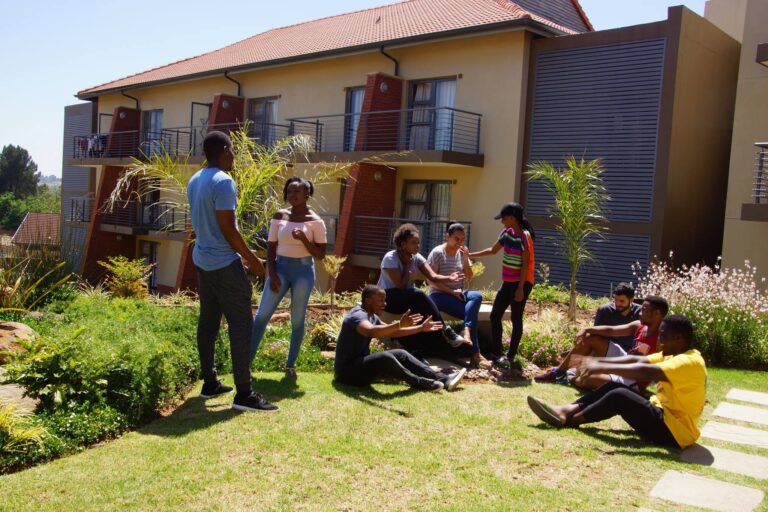How To Find Healthcare Services Near Student Accommodation

Healthcare Services Near Student Accommodation are a crucial consideration when sending your child to university. While this new chapter is filled with pride and anticipation, it naturally comes with some worry too. Among the many responsibilities your child will take on after moving into student accommodation, one of the most important is managing their own health. For serious concerns you’ll step in, but for everyday issues like flu or colds, it’s essential that your child has quick access to reliable healthcare.
From freshers flu, seasonal illnesses and allergies and some point your child will get sick. This is why it is important that your child has access. This will not only, ensure that intervention is quick when needed but it will also encourage a proactive attitude towards wellbeing.
Campus resources
Most universities have healthcare services available to their students. These campus clinics often use a range of services, including general practitioners, routine vaccines, mental health counselling, sexual and reproductive health, HIV testing and chronic medication management.
When you’ve decided on the university make sure to go through their website or to there in person to ask questions about what services the clinic provides. It is also a good idea to get information around what the operating hours are, what the appointment booking process is like and whether walk-ins are welcome.
Encourage your child to register with the campus health service early in the academic year, so that if they ever need to make use to the service, their information is already in the system.
Local providers

Campus clinics are very useful, but they are also limited in the services they offer. Therefore, it is a good idea to know where the nearest medical services are located. When looking for a local clinic, make sure to look for one near res instead of near campus.
The easiest way to find local healthcare providers is to go into Google Maps and search key words like ‘clinic’ ‘GP,’ ‘hospital’ or ‘emergency room.’ The app will populate healthcare providers near you.
Word of mouth is a good way to find healthcare services as well. Ask around and find out which clinic other student tend to go to and which ones they would recommend. Some universities even collaborate with local clinics and practices. So, ensure to ask the university as well and they might point you in the right direction.
Not everything requires a doctor’s visit. Simpler illnesses and ailments can be sorted out by just going to the pharmacy. Make sure that your child knows where the nearest pharmacy. If they are ever looking for allergy or flu medication or any over the counter medication, then it is important to know where the nearest pharmacy is.
Understand your health coverage
Have a firm understanding of your medical aid scheme and what it covers. Check if any of their approved doctors/clinics are located near the res. If you are struggling to find out there is no harm in calling your provider to confirm what is available and accessible in your child’s area.
Popular medical aid schemes like Discovery Health, Momentum Health, Bonitas and Medihelp; have search told that you can use to find healthcare providers nearby.
Some campus clinics accept medical aid and some do not. Make sure to check if the clinic at your child’s university accepts medical aid ahead of time so that they don’t run into financial surprises when they are seeking help.
Know the emergency care options
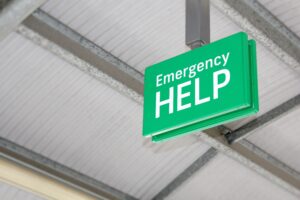
In the event of an emergency, it is important that your child knows where the nearest emergency room is. This will ensure that there is no delay or doubt if they find themselves in an emergency. Most importantly, make sure that your child has access to a list of emergency contact that they can reach out to in an emergency.
Additionally, if your child has an allergy to medications like penicillin, ensure that they have a medical bracelet that they wear.
Read More: Why Mental Health in University Matters Today
Support mental health and wellbeing
According to a Wits University study, university ages young adults (18-25) experience higher rates of depression and anxiety. At this age, people are trying to navigate career choices, academic achievement, financial independence and building relationships.
There is a lot that your child needs to learn, and it can be mentally taxing, so it is important to have some kind of psychological support be available. Mental health is as important as physical health. It is important to take care of both.
Therefore, it is important that mental health resources for counselling, therapy, support groups and peer wellness programs are identified. If your child is already seeing a psychologist, then ask if the sessions can continue over video chat so that your child doesn’t have to start the process all over again with a new therapist.
Empower your child with knowledge
The best thing you can equip your child with is information. Preparation is the key to confidence. Before you child moves into res sit down with them and
- Create a personal health profile that lists allergies, medication, medical conditions and emergency contacts.
- Discus how to book appointments and what to expect during visits
- Review healthcare terminology and essential phrases (this is especially important if your child is studying abroad in a country with a different language)
- Introduce your child to self-care basics like managing ailments, basic first aids, signs to look out for and when to seek professional help.
If your child is taking any chronic medication, make sure that they know how and where to fill their prescription and how long the script is valid for.
Encourage a proactive approach
Prevention is better than cure, healthcare is more than just responding to illness. Rather, it is about maintaining wellness.
Remind your child to schedule routine check-ups, stay up to date on vaccines and to practice healthy habits like drinking in moderation, having a balanced nutritional intake and getting regular exercise.
Finally ensure that they know that if they want more information when a doctor prescribes medicine, they should ask questions about recommend treatments and medications.
Final thoughts On Healthcare Services Near Student Accommodation
Your child’s wellbeing is just as important as their academic success. Whether your child is living at home, in res, a commune or a private flat, having a healthcare plan in place ensures that they know what to do if something happens. When selecting student accommodation, location matters — and access to healthcare is a priority.
In Ruimsig, students have the advantage of being close to clinics, pharmacies, and hospitals, giving both parents and students peace of mind. Choosing accommodation here means your child can focus on their studies, knowing that support is nearby if they ever need it. Secure their place in a safe and convenient environment — apply today.
